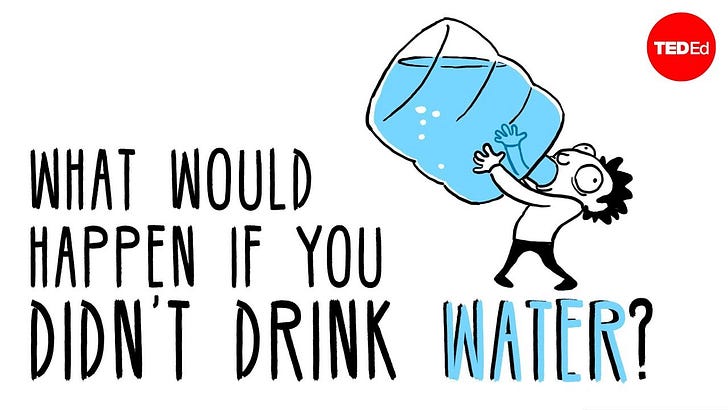Hydration
Why Hydration is Key to Academic Success
Water is everywhere, in our bodies, in the food we eat, and obviously in the bottles we carry to school. But how often do we stop to think about how staying hydrated impacts our academic performance? As students, it’s easy to overlook the importance of drinking enough water, especially when our schedules are packed with classes, sports, and social activities.
But the truth is, hydration plays a huge role in how well we think, focus, and even feel emotionally. If you’ve ever wondered why you feel foggy by midday or why you’re battling headaches during a long school day, your water intake might be the missing piece.
How Does Hydration Affect the Brain?
Our brains are made up of approximately 75% water, so it makes sense that being dehydrated would affect how we think. Water helps deliver nutrients to brain cells and removes waste products. Without enough water, brain cells can’t function efficiently.
Research shows that even mild dehydration (a loss of 1-2% of body weight in water) can negatively impact concentration, alertness, and short-term memory. For students, this is crucial. A dehydrated brain struggles with:
-Concentration: Staying focused on lectures or homework gets harder. -Cognitive performance: Problem-solving and critical thinking can suffer.
-Mood regulation: Dehydration can make you more irritable or anxious.
In simple terms, hydration doesn’t just keep you alive, it helps you thrive academically.
Physical Symptoms of Dehydration
You might be dehydrated and not even know it. Some common signs include:
-Headaches
-Fatigue or drowsiness
-Dry skin and lips
-Dizziness or lightheadedness
-Dark yellow urine
If you experience any of these, it could be your body’s way of telling you to drink more water.
How Much Water Should Students Drink?
While the “8 cups a day” rule is often mentioned, the actual amount varies depending on age, gender, and activity level. According to the National Academies of Sciences, Engineering, and Medicine, teenagers should aim for:
-9 cups (2.1 liters) for teen girls
-13 cups (3 liters) for teen boys
This includes water from all beverages and water-rich foods like fruits and vegetables.
Easy Ways to Stay Hydrated Throughout the School Day
-Carry a Reusable Water Bottle: Having it within reach is a simple reminder to drink regularly.
-Set Water Goals: Apps like Plant Nanny or WaterMinder can help you track your intake.
-Flavor Your Water: If plain water is boring, try infusing it with fruits like lemon, cucumber, or berries.
-Eat Water-Rich Foods: Fruits like watermelon, oranges, and cucumbers can boost hydration.
-Drink Before You’re Thirsty: By the time you feel thirsty, you’re already slightly dehydrated.
How Hydration Impacts Physical Performance
For student-athletes, hydration is even more important. When you’re dehydrated, physical performance can drop, leading to:
-Decreased strength and endurance
-Increased risk of cramps and injuries
-Slower reaction times
Staying hydrated ensures that you can perform both mentally in class and physically on the field.
Final Thoughts
Hydration is often overlooked, but it’s one of the easiest ways to boost your academic performance, mood, and overall well-being. Whether you’re cramming for finals or running laps at practice, drinking enough water can make a noticeable difference.
So the next time you’re packing your backpack, don’t forget your water bottle. Your brain, and your body, will thank you for it.
Research Used:
https://blogs.cdc.gov/niosh-science-blog/2011/08/12/heat-2/
https://nutritionsource.hsph.harvard.edu/water/
https://nap.nationalacademies.org/read/10925/chapter/6



